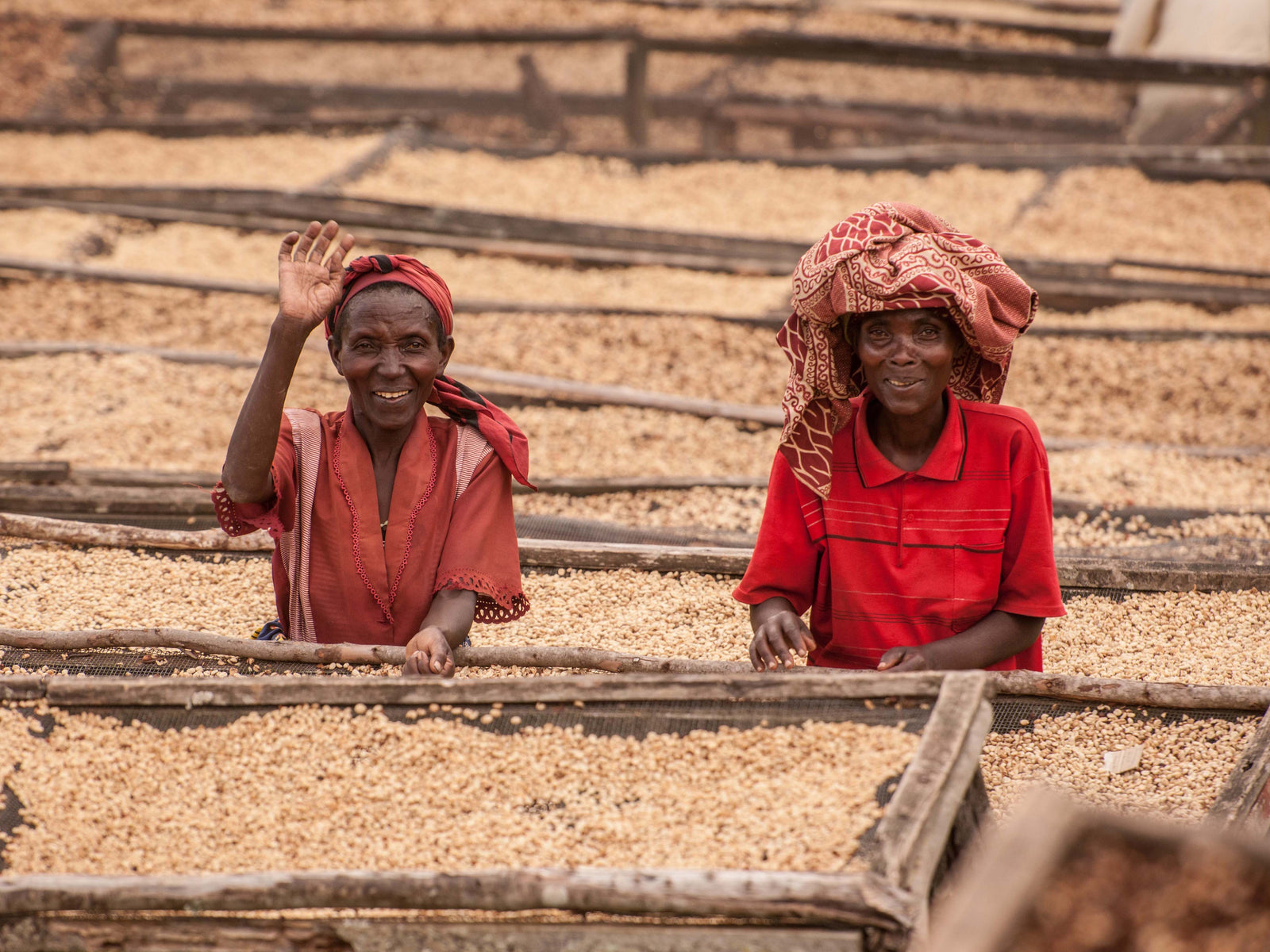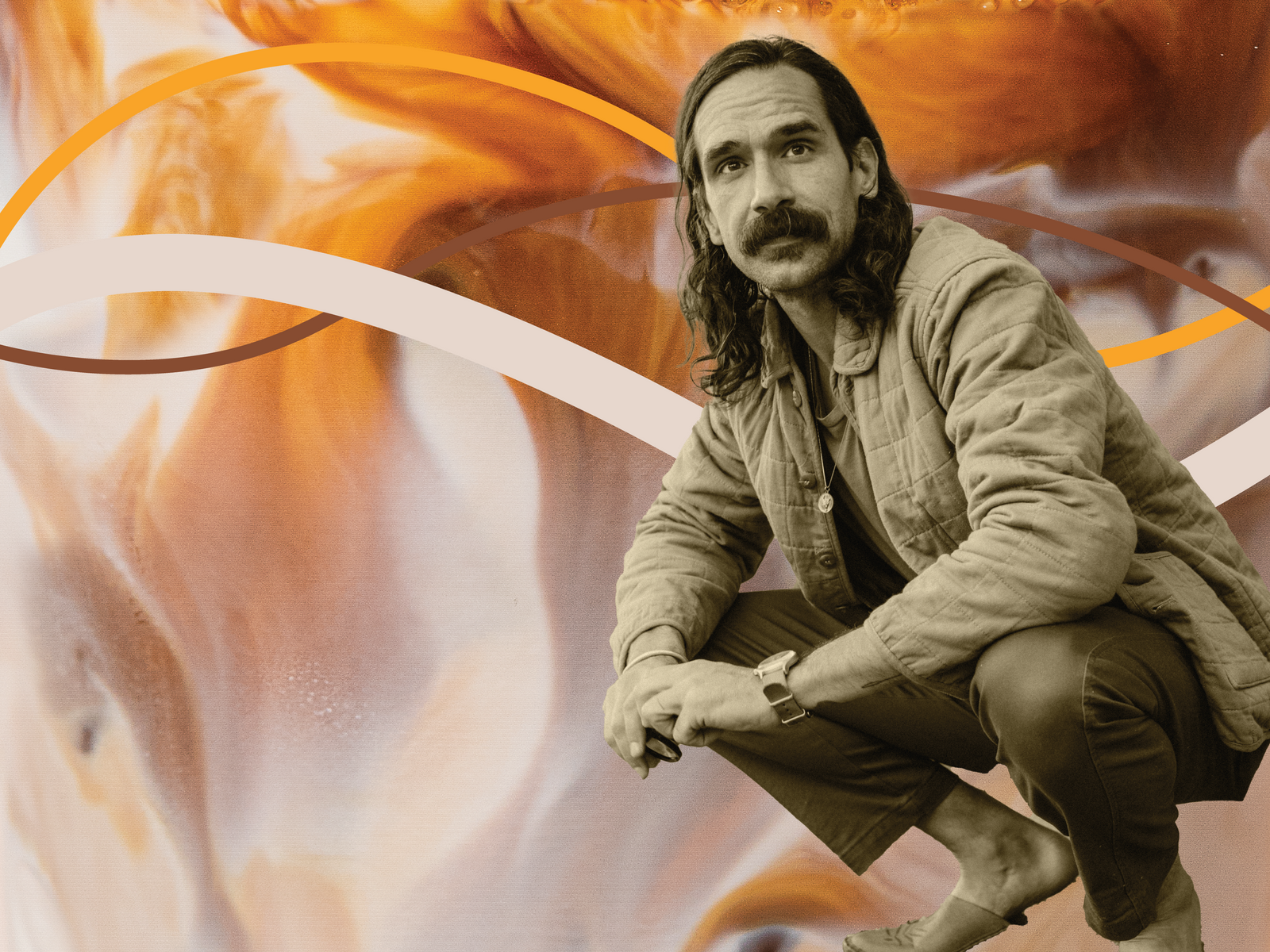Designing a new Ultra Coffee – such as our limited batches Wavelength, Daydream, or Encore, our newest everyday brew Dark – is no easy feat.
Aside from ethical and sustainability concerns, our brewmasters take a wide range of factors into consideration. Roast depth, blend proportions, and the unique characteristics of each bean origin all play a part in fine-tuning the perfect flavor profile.
Elevation is a crucial factor in coffee flavor
One element that we look at when considering coffee origins is elevation.
Coffee only grows in a tropical band 30 degrees north and south of equator, but within that narrow range are innumerable local variations, with elevation being one of the most crucial.
For starters, elevation determines which species of coffee can grow at all.
Arabica, the variety that produces what are generally regarded as the best-tasting coffees in the world, prefers higher altitudes and cooler climates, while Robusta coffees, with their more bitter flavor profiles, grow at lower elevations and warmer temperatures.

Beyond determining which coffee variety can grow, elevation helps to shape the very bean itself, altering the size, density, form, and even the color. The finest coffee beans, grown at high elevations (above 4,500 feet), tend to be very dense and hard with a tightly closed seam line or “fissure,” a result of the high altitude slowing the bean’s rate of growth.
As elevation increases, different coffee characteristics emerge
This shift in growth rate also affects the taste of the coffee itself.
As elevation increases, acidity and aroma tend to increase as well and different flavor characteristics emerge. From around 2,500–4,000 feet, Arabica coffees commonly exhibit earthy and nutty flavor profiles, above 4,000 feet, more nuanced chocolate and citrus notes emerge, and then around 5,000 feet, the beans take on a finer floral or berry character.

Knowing growing altitude allows our brewmasters to play with roast depth in order to highlight exactly what they want from each bean and then to combine coffees from different origins in order to build unique, nuanced flavor profiles for each new variety of Ultra Coffee concentrate.
When we first set out to create the limited batch Ultra Coffee, Daydream, for instance, we wanted a coffee concentrate that would shine in a milky cold brew latte.
So, we sought out a bean with a natural sweetness, chocolate-y aspect, and fruity undertones. The beans we chose were from the Abakundakawa women’s cooperative in Rwanda’s mountainous Gakenke region, where rich volcanic soils and an elevation around 5,800 feet produce a remarkable coffee with that exact flavor profile.

In this way, growing elevation can make all the difference between a good cup of coffee and a great one.









